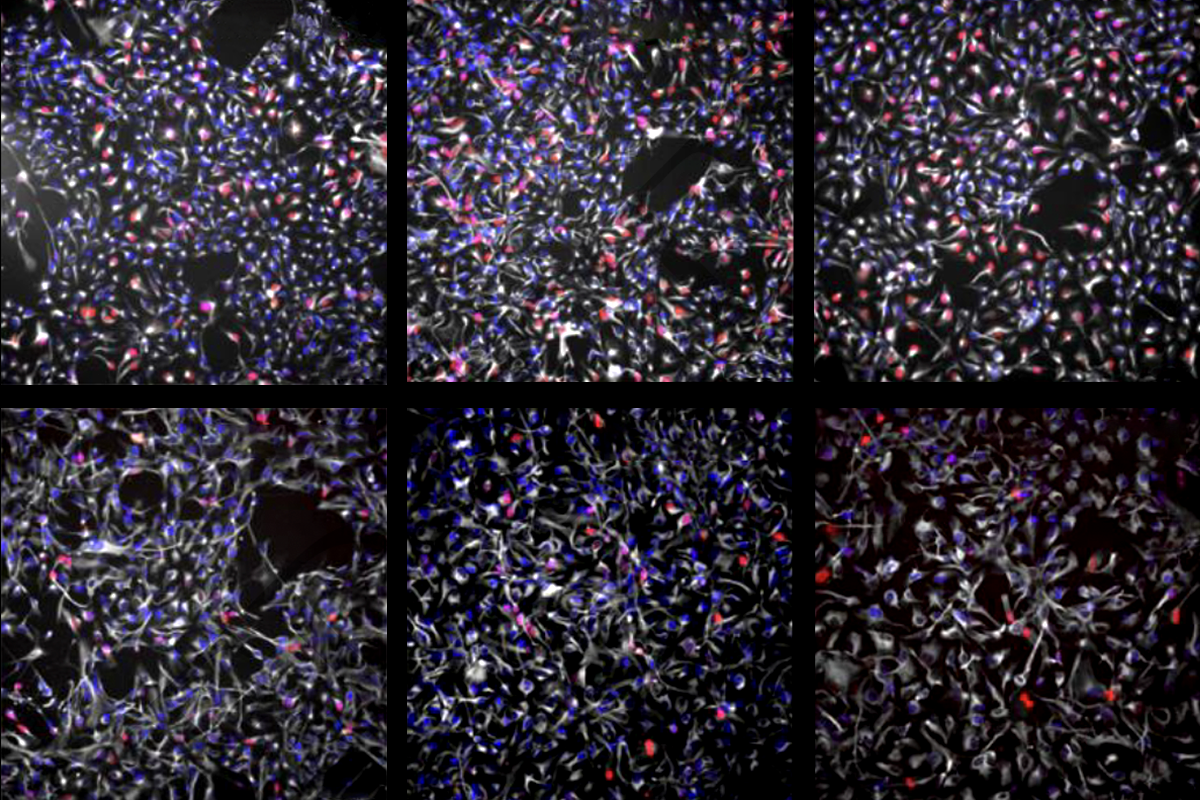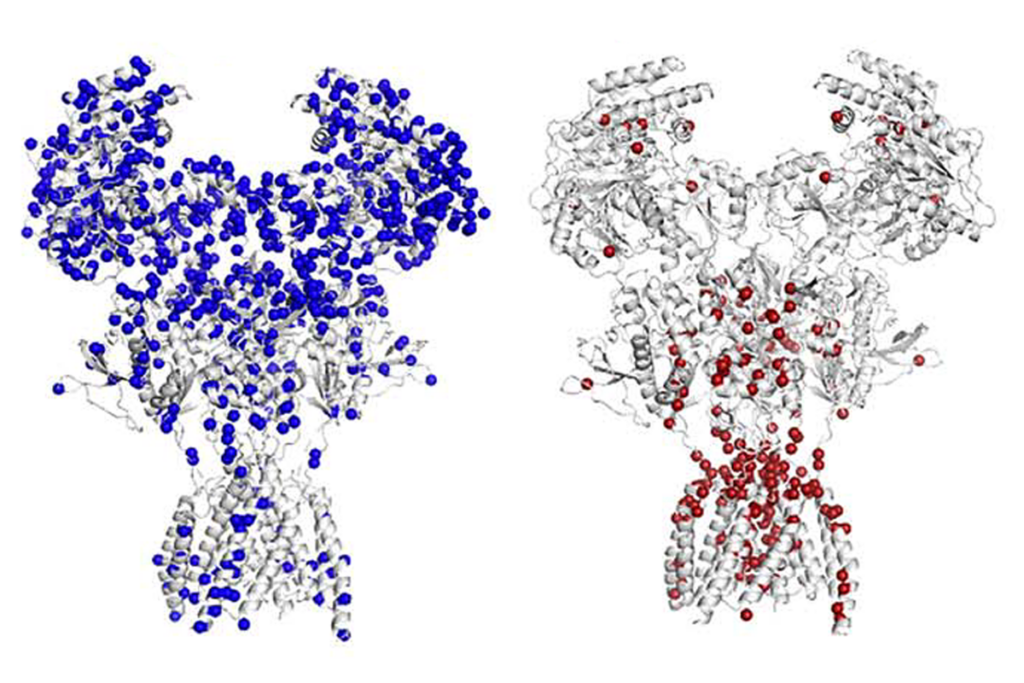Sex specifics: Social and externalizing traits may be linked in distinct ways to people with XXY (or Kleinfelter) syndrome as opposed to those with XYY syndrome, according to a new study. For example, people with XYY syndrome tend to have attention, impulsivity and social problems, whereas those with XXY syndrome tend to have social problems coupled with aggression, repetitive behaviors and internalizing problems. Though both groups may have difficulties in social situations, the mechanisms behind these challenges could therefore be different. As The Transmitter has previously reported, studies of sex aneuploidies suggest that sex chromosome dosage can lead to distinct outcomes and diagnoses, including autism. Psychological Medicine
More autism research we spotted:
- “Genetics of monozygotic twins reveals the impact of environmental sensitivity on psychiatric and neurodevelopmental phenotypes” Nature Human Behaviour
- “Synaptic activity causes minute-scale changes in BAF complex composition and function” Molecular Cell
- “Enhancing the discriminatory power of polygenic scores for ADHD and autism in clinical and non-clinical samples” Journal of Neurodevelopmental Disorders
- “POU3F2 regulates canonical Wnt signalling via SOX13 and ADNP to expand the neural progenitor population” Brain






